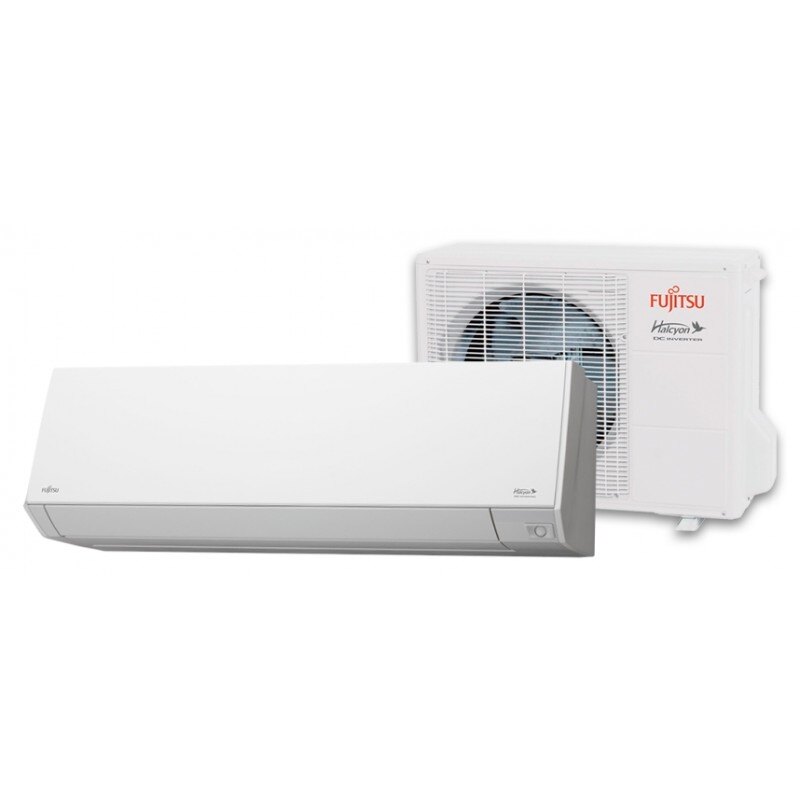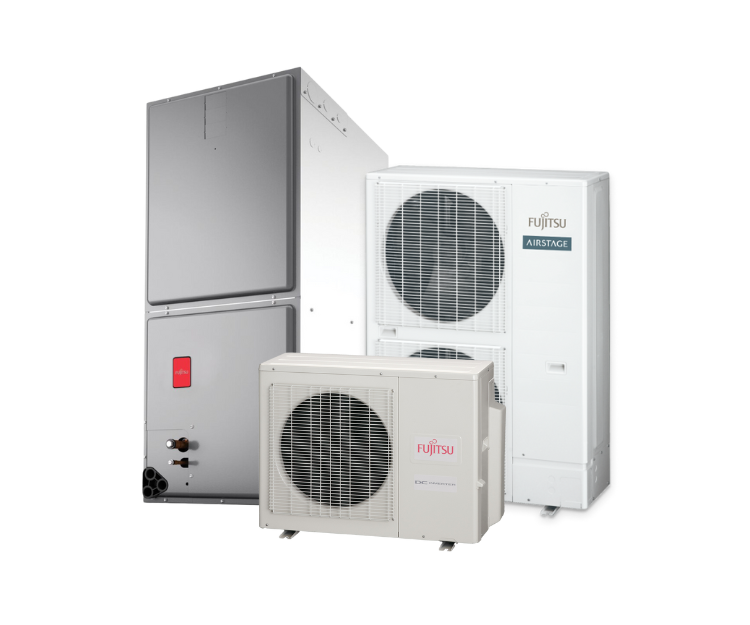Endless Possibilities
MINI-SPLITS
GEOTHERMAL
CENTRAL HEAT
Mini Split Heat Pumps

Ducted Central Heat Pumps
Achieve optimal home climate with Ducted Central Heat Pumps, providing consistent heating and cooling throughout your entire space. Benefit from energy efficiency and seamless integration, enhancing comfort and reducing utility costs.

Geothermal Heat Pumps
Harness the earth's energy with Geothermal Heat Pumps, offering efficient heating and cooling by utilizing the ground's constant temperature. These systems provide sustainable comfort and significant energy savings over time, making them an eco-friendly choice for your home.
%20(1).png)
Unsure About Your Options? We're Here to Help!
Atlantic Heating & Cooling:
Energy Efficiency FAQ
Understanding Heat Pump Types: Air-Source, Water-Source, and Geothermal
There are three primary types of heat pumps: air-source, water-source, and ground-source, also known as geothermal heat pumps. Here’s how they differ:- Air-Source Heat Pumps: These systems, also called air-to-air, are cost-effective to install and perform efficiently in moderate climates. They utilize the outside air to heat and cool your home and are available in both ducted and ductless configurations.
- Water-Source Heat Pumps: These pumps use water as their medium for heating and cooling. They require access to a water body, like a well or lake, to function effectively.
- Ground-Source (Geothermal) Heat Pumps: These systems harness thermal energy from the ground, offering a more energy-efficient operation due to the stable underground temperatures. While they provide excellent efficiency, they involve higher installation costs and complexity due to the need for excavation and underground piping.
Mini-split heat pumps operate similarly to air-source heat pumps by using electricity to circulate refrigerant, transferring heat between spaces. Unlike traditional systems, mini-splits deliver air directly into specific zones within a home, allowing for targeted climate control.
How Do Mini-Splits Differ From Traditional Heat Pumps?
Traditional heat pumps distribute air through a network of ducts, channelling heated or cooled air from a central unit to vents in each room. In contrast, mini-split systems are ductless, featuring indoor units strategically placed throughout the home, all connected to a single outdoor unit. This design provides a more flexible and localized approach to heating and cooling, enhancing efficiency and comfort.
Yes, a heat pump can replace a furnace, especially in areas with affordable electricity. If your home is well-insulated and you're updating your HVAC system, a heat pump is an energy-efficient, eco-friendly choice that can lower your energy bills. Consider inverter heat pumps for steady temperatures without frequent cycling. Check out Fujitsu's Halcyon XLTH Series, which excels in extreme temperatures and offers superior efficiency and comfort. Our specialists are ready to help you select the perfect system for your home.

